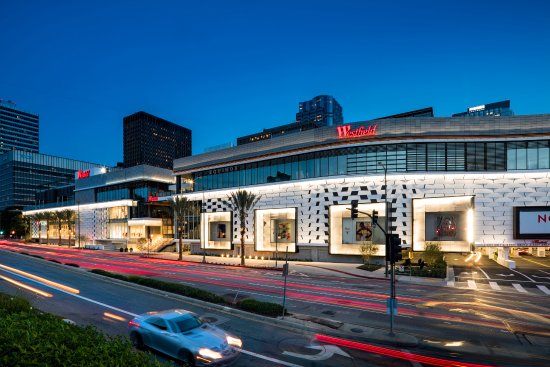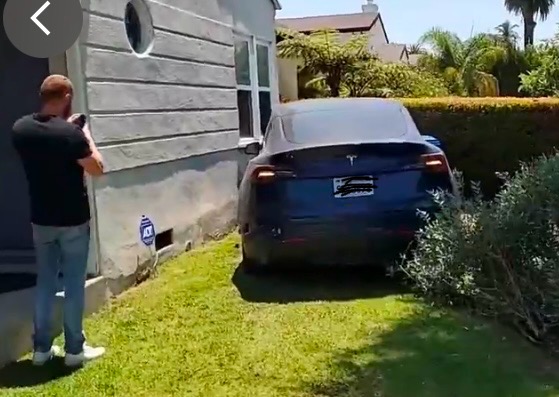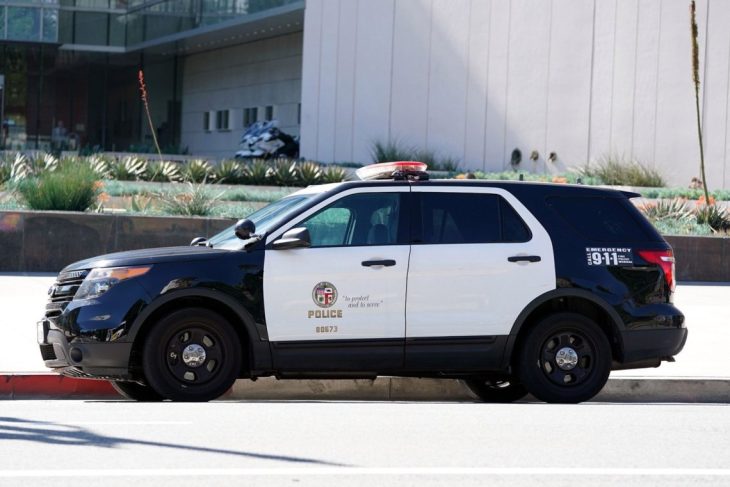Westside Pavilion Site to Become a Center of Global Research and Innovation
By Dolores Quintana
After the surprising news earlier this week that UCLA was purchasing the site that formerly was the home of The Westside Pavilion instead of the previous plan for Google to transform it into an office campus, speculation began as to why UCLA made the purchase.
Today, all of those questions were answered when Governor Gavin Newsom held a press conference on the future of the site. The answer to the question of what the site will be used for has turned out to be very exciting, indeed.
California is repurposing the site of a vacant former mall in Los Angeles into a world-renowned research and innovation hub, where scientists and engineers from UCLA will spearhead breakthroughs to address global challenges. Governor Gavin Newsom, in collaboration with University of California (UC) President Michael Drake, UCLA Chancellor Gene Block, Google representatives, elected officials, and leaders from academia, business, and healthcare, announced the acquisition of the former Westside Pavilion shopping mall in Los Angeles. This site, now known as the UCLA Research Park, is poised to be a nexus for collaborative projects with global implications.
Governor Newsom expressed, “California is the epicenter of global innovation — from the creation of the internet to the dominance of artificial intelligence, humanity’s future happens here first. Leveraging the next waves of technology and science — quantum computing and the immense potential of immunology — the UCLA Research Park will cement California’s global economic, scientific, and technological dominance into the 22nd century and beyond.”

The 700,000-square-foot property is set to house two initial multidisciplinary research centers: the California Institute for Immunology and Immunotherapy at UCLA and the Center for Quantum Science and Engineering.
UC President Michael Drake commended the collaboration, stating, “This purchase exemplifies the remarkable collaboration between the University of California, the State of California, and our partners in the private sector. Investments like this help ensure that the University can continue to thrive and serve people across California.”
UCLA Chancellor Gene Block expressed gratitude for the transformative investment, stating, “Governor Newsom and the California Legislature helped make this possible through a generous state investment, and we are deeply thankful for their support.”
The new UCLA Research Park, made possible in part by a prior state investment, will foster groundbreaking research in immunology and immunotherapy. Supported by a group of founding donors, the institute aims to bring together scholars, corporate partners, government agencies, and startups to explore new areas of inquiry and achieve breakthroughs with global impact.
Through strategic public-private partnerships with Google, Hudson Pacific Properties, and Macerich, the state is saving approximately $223 million on the research park and expediting its opening by several years. Google, which previously leased part of the property, played a key role in enabling and supporting UCLA’s acquisition.
Scott Foster, Google’s vice president of real estate and workplace services, commented, “We’re delighted that UCLA will be further developing this state-of-the-art facility to help accelerate transformative research and innovation.”
The California Institute for Immunology and Immunotherapy at UCLA, housed in the UCLA Research Park, will draw on the expertise of scholars and leading scientists to pursue tools, treatments, and vaccines for various health-related issues, including cancer, autoimmune disorders, infectious diseases, and heart conditions.
Additionally, the research park will host the UCLA Center for Quantum Science and Engineering, contributing to the emerging field of quantum science and technology. Research in quantum computing, communication, and sensing has the potential to revolutionize information processing power, enhancing capabilities in medication discovery, artificial intelligence, climate change mitigation, and complex scenario modeling. Quantum computing could solve equations in minutes that would traditionally take existing computers tens of thousands of years to complete. The UCLA Research Park is poised to be a global leader in scientific and technological advancements, shaping the trajectory of research well into the future.
























